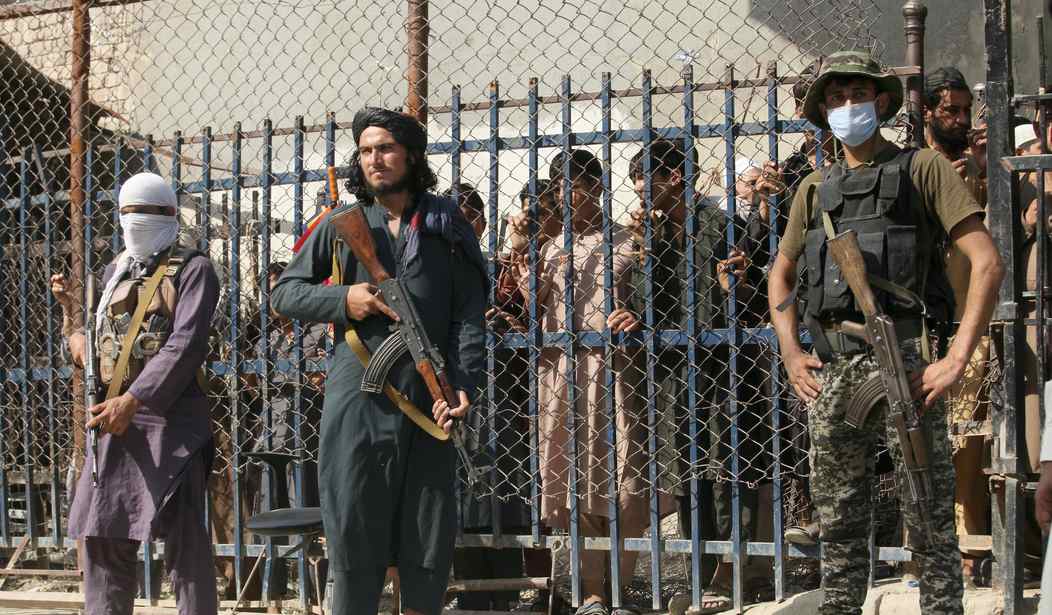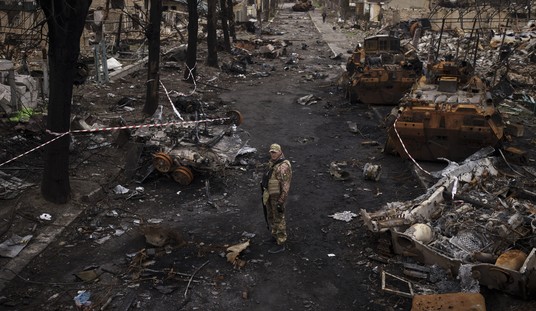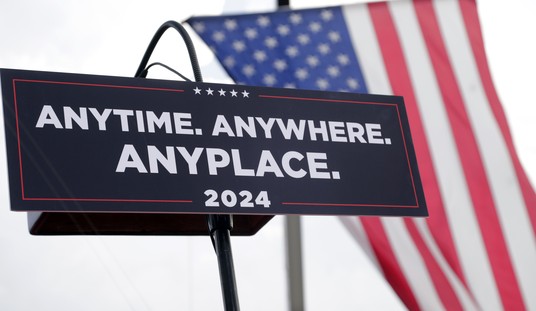One of the items still sitting on the plate of the Biden administration’s State Department is figuring out precisely where we stand with Pakistan. Our supposed “ally” in the region hasn’t been acting much like one recently, welcoming the return of the Taliban in Kabul with open arms and quickly setting up diplomatic facilities and foreign aid for them. Of course, Pakistan hasn’t been a very loyal ally in a very long time, frequently saying encouraging words in public while figuratively stabbing us in the back. (Perhaps literally doing so in some cases.) But as the Associated Press points out this weekend, Joe Biden is running out of options in terms of direct U.S. influence in the region and they are being forced to try to hammer out some sort of agreement with Islamabad. Having already been turned down when requesting some sort of base of operations in both Turkmenistan and Uzbekistan, if we can’t fly surveillance missions out of Pakistan we’ll be stuck with Biden’s “over the horizon” approach. (And we’ve seen how well that’s been working out so far.)
The Taliban’s takeover of Kabul has deepened the mutual distrust between the U.S. and Pakistan, two putative allies who have tangled over Afghanistan. But both sides still need each other.
With the Biden administration looking for new ways to stop terrorist threats in Afghanistan, it will likely look again to Pakistan, which remains critical to U.S. intelligence and national security because of its proximity to Afghanistan and connections to the Taliban leaders now in charge.
Over two decades of war, American officials accused Pakistan of playing a double game by promising to fight terrorism and cooperate with Washington while cultivating the Taliban and other extremist groups that attacked U.S. forces in Afghanistan.
Posing the question as to whether or not Pakistan is a true ally of the United States frequently results in a lot of uncomfortable stares from our diplomats. They have technically been in a supportive relationship with America for decades. In fact, it’s long been believed that the United States covertly helped Pakistan develop nuclear weapons to act as a counterbalance to India. But their history, particularly in the 21st century, points to a relationship that’s founded on mutual distrust and they have demonstrated a pattern of betrayals to their supposed partner.
For twenty years, Pakistan has been cheering for and offering support to the Taliban even while we were at war with them. Husain Haqqani, the former Pakistani ambassador to the United States, said this week that Pakistan “has been waiting for 20 years” for the Taliban’s return to power and that they now “feel that they have a satellite state.”
The relationship goes deeper than that, as do the betrayals. Look no further than the early stages of the Afghanistan war. How many years did we spend looking for Osama bin Laden, only to find out that he had been hiding out in a compound in Pakistan? The Pakistani government has consistently maintained that they simply had no idea he was there, but that’s an implausible story at best. It’s been confirmed that Pakistani General Ahmed Shuja Pasha knew of Bin Laden’s presence in Abbottabad. The information came from a senior United States official speaking to the New York Times way back in 2014. They expect us to believe that their military knew of and was supporting bin Laden all of that time but their government officials had no idea? Pull the other one. It’s got bells on it.
But here we are back at the table with the Pakistanis. We want to be able to use some airfields in their country to keep an eye on the Taliban, even as our “partners” are currying favor with them. Meanwhile, Pakistan doesn’t want to risk inflaming us too much because they want to keep receiving military help and foreign aid from the United States. It’s a dysfunctional relationship at best. Sadly, it may still remain one that we can’t easily walk away from and both sides are forced to sit there and smile at each other, pretending that everything is just fine.








Join the conversation as a VIP Member